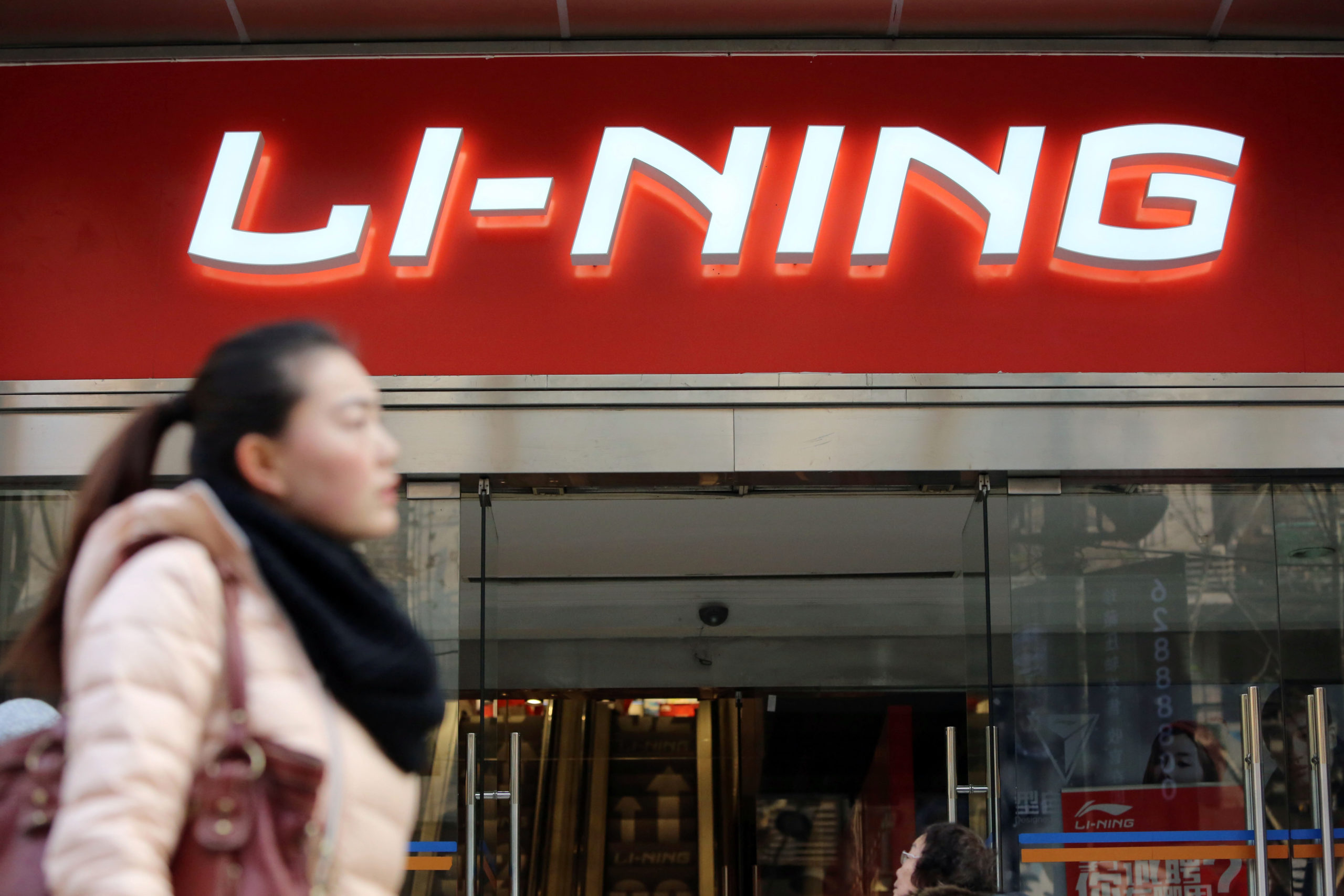Chinese brands and sneaker scalpers seize their moment amid Xinjiang cotton row
State-supported consumer boycotts of international apparel and shoe brands like Nike and Adidas for their positions on cotton from Xinjiang have generated a craze for Chinese sneaker brands, and online merchants are cashing in.

Prices for Chinese-made, limited-edition footwear by domestic sportswear brands like Li-Ning and Anta have gone through the roof in China — thanks to the troubles of international power players such as Nike and Adidas, which have been facing a public backlash for their concerns about forced labor in the Xinjiang region.
Since late March, Li-Ning and Anta have seen a dramatic surge in their popularity and sales, especially among Chinese sneakerheads on the secondary market, who buy and sell high-end kicks as a full-time business.
- The particular pair that has experienced the wildest price spike is the Way of Wade 4 from Li-Ning. Released in 2016 and limited to only 100 pairs, the sneaker is part of a signature line that Li-Ning created for retired NBA superstar Dwyane Wade.
- On Poizon, a leading sneaker resale platform in China, a pair of Way of Wade 4s was at one point being offered for around 48,889 yuan ($7,462) — 32 times its original sale price.
- WOW7 The Moment, another sneaker from the Wade design series, which was originally priced at 1,699 yuan ($260), also recently saw its price climb to a record high of 30,000 yuan ($4,580).
- Another shoe by Chinese sports apparel manufacturer Anta was listed for 4,599 yuan ($702), a substantial markup from its retail price of 499 yuan ($76).
The renewed interest in purchasing locally made sneakers was partly created by a number of Chinese scalpers, who saw an opportunity to turn quick profits by playing the market after a host of foreign retailers caught flak last month for their reluctance to use cotton from Xinjiang, where China has been accused of running a brutal crackdown on the Uyghur minority group.
- As international brands like Nike and Adidas continued to face boycott calls, Li-Ning and Anta have benefited from the nationalism-tinged protests by emphasizing their Chinese identity and asserting their stances on Xinjiang cotton.
- As Chinese consumers piled on foreign sneaker companies, Anta announced its exit from the Better Cotton Initiative (BCI) and vowed to continuously source Xinjiang-origin material. In 2019, the Fujian-based firm became a member of BCI for sustainable cotton production. The global organization suspended licensing of farms in Xinjiang last year due to concerns about the use of forced labor.
- Li-Ning was a huge supporter of Xinjiang cotton even before the controversy. Many of its clothing items are explicitly labeled as “products of Xinjiang cotton.”
- While sneaker culture has been thriving in China for quite some time, local sneakerheads were mostly crazy about foreign products like ultra-rare Jordans and Yeezys. But because general interest in Chinese-made sneakers has exploded — an online poll last month found that more than 60% of Chinese consumers said they would only choose domestic brands after the Xinjiang cotton debacle — scalpers have shifted their focus to Li-Ning and Anta, reselling their shoes with insane price tags to drive up hype and demand.
The craze for trading Chinese-made kicks has provoked price-point exasperation among average consumers, and Chinese state media has expressed serious concern about the situation.
- State news agency Xinhua wrote in a commentary (in Chinese) that the price hikes were unwise and could result in customers losing trust in Chinese brands. It also pointed out the frenzy was fueled by “a few online marketplaces” trying to capitalize on the sensation.
- The People’s Daily called for (in Chinese) an immediate stop to the “evil phenomenon,” saying that the scalpers were “consuming people’s patriotic sentiment.”
- In response to the backlash, Poizon released a statement (in Chinese) earlier this week, explaining that it had taken down excessively expensive shoes from its site due to their “high price fluctuations.”






